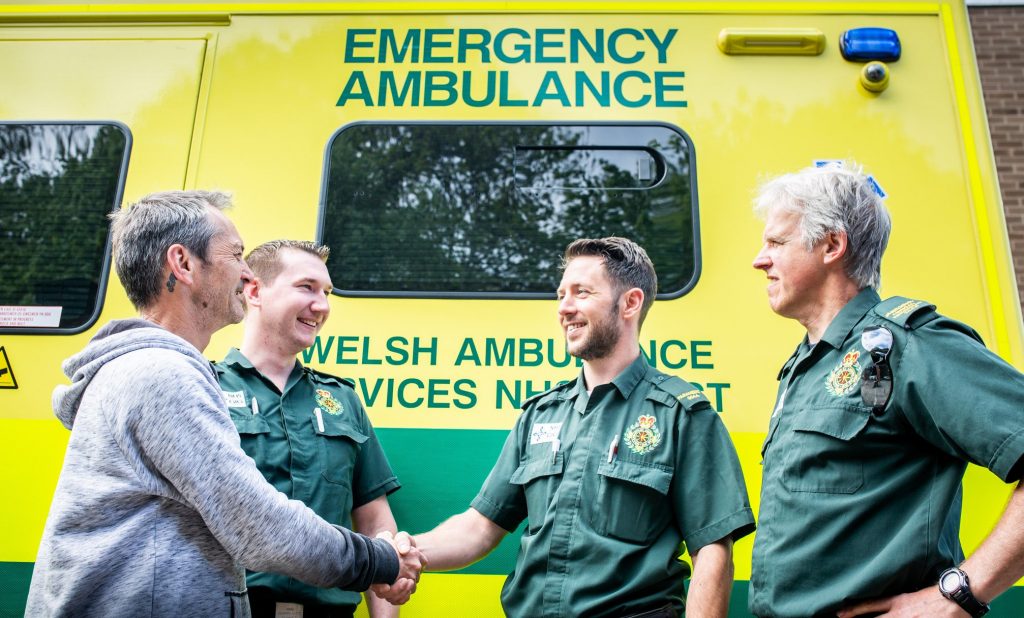by BMJ Blog News
The UK’s Royal College of Physicians has published new ethical guidance for frontline staff dealing with the COVID-19 pandemic, supported by more than a dozen other health organisations.
Members of the RCP’s Committee on Ethical Issues in Medicine developed the guidance, which is supported by nine other Royal Colleges and five medical faculties. Statements issued by the General Medical Council (GMC), the NHS and the UK’s four Chief Medical Officers has been taken into consideration.
This new guidance, in the form of scenarios designed to help clarify the best, most ethical course of action, can serve as an appendix to ethical guidance already produced and updated last year to deal with wider issues presented by COVID-19. Assessment and management of patients in waiting ambulances by acute medical teams should occur only if there is no alternative and, unless in an emergency, only following the involvement of hospital management teams. The RCP has been keen to stress that it does not intended to normalise such situations, which should only ever occur in extreme circumstances, such as a pandemic. While these scenarios can act as examples, each patient must be assessed and cared for as an individual with differing needs and the advice of the Royal College remains to assess and treat those most in need, regardless of a covid-19 diagnosis, and to listen to the views of the patient, carer and family. While this may often be difficult for families and patients, healthcare staff can make valid and appropriate decisions about treatment for patients who are assessed in an ambulance, when all other measures to prevent this have been exhausted.
To this effect, clinicians should receive support from government and their employing trusts or health boards. Those working outside of their usual remit must get appropriate training and all frontline staff must have access to appropriate Personal Protective Equipment during the pandemic.
The RCP’s guidance is supported by the Royal College of Anaesthetists, Royal College of Emergency Medicine, Royal College of General Practitioners, Royal College of Radiologists, Royal College of Ophthalmologists, Royal College of Nursing, Royal College of Physicians of Edinburgh, Royal College of Physicians and Surgeons of Glasgow and Royal College of Psychiatrists, the Faculty of Pharmaceutical Medicine, Faculty of Occupational Medicine, Faculty of Sexual and Reproductive Healthcare, Faculty of Intensive Care Medicine, Faculty of Sports and Exercise Medicine, Faculty of Pre-Hospital Care and the Faculty of Public Health.
